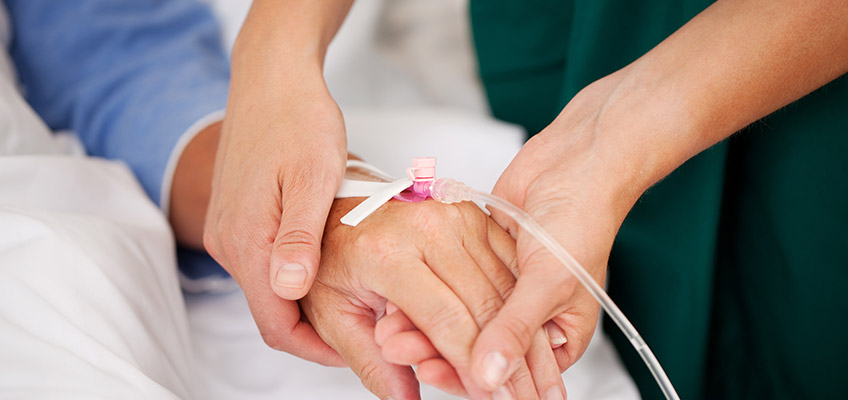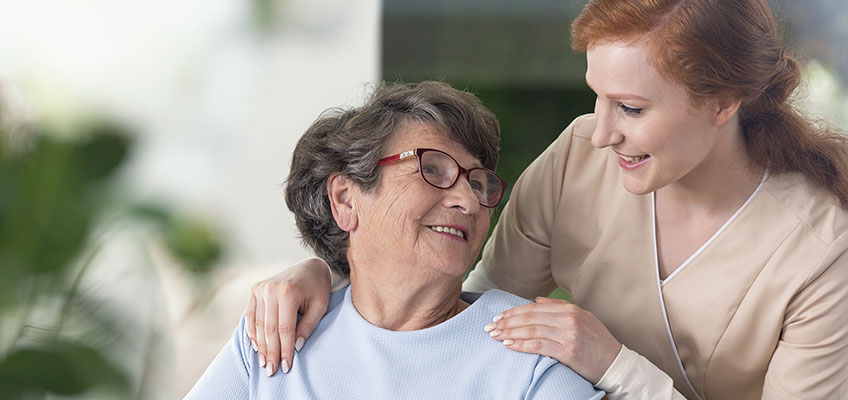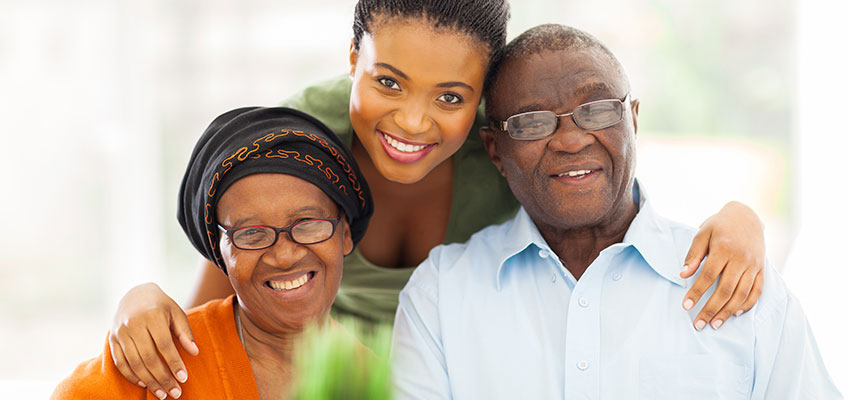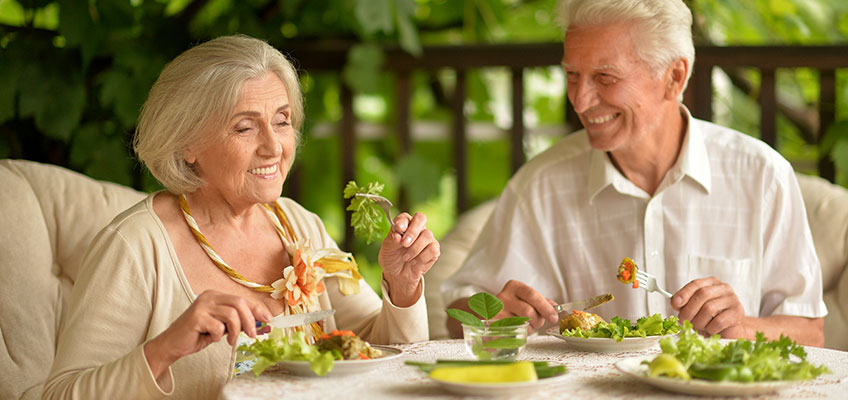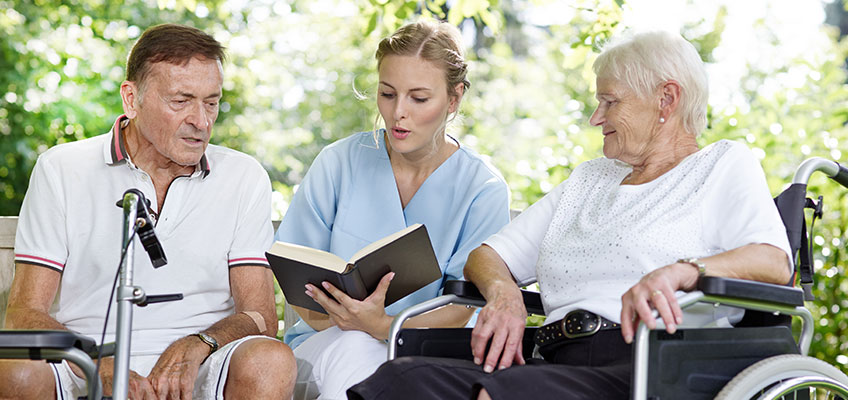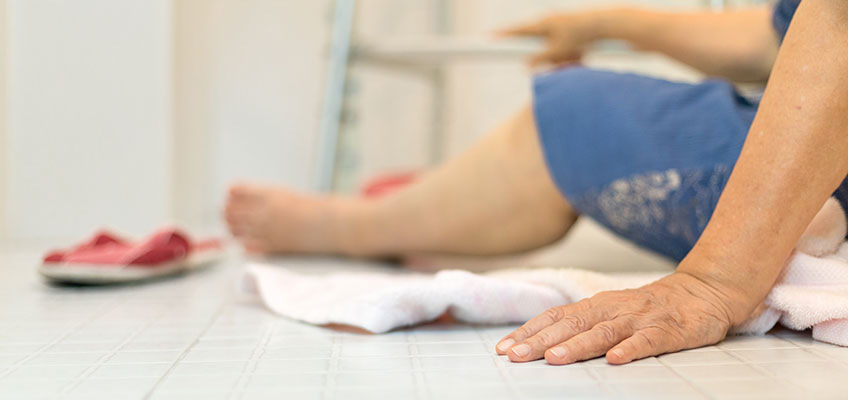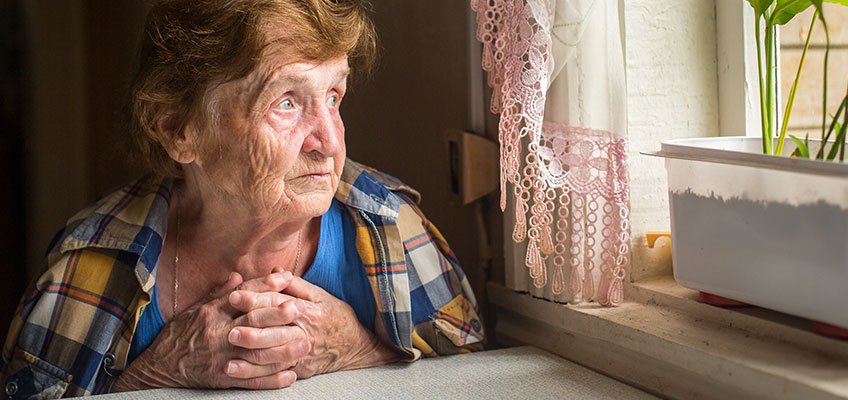
What are the Early Signs of Dementia?
Dementia and Alzheimer’s disease represent a loss of cognitive ability that progressively gets worse over time. However, it is easy to mistake the early signs of dementia with occasional forgetfulness that everyone experiences. For seniors, the warning signs can be deceptive or mistaken for the occasional forgetfulness that many older adults will experience.


